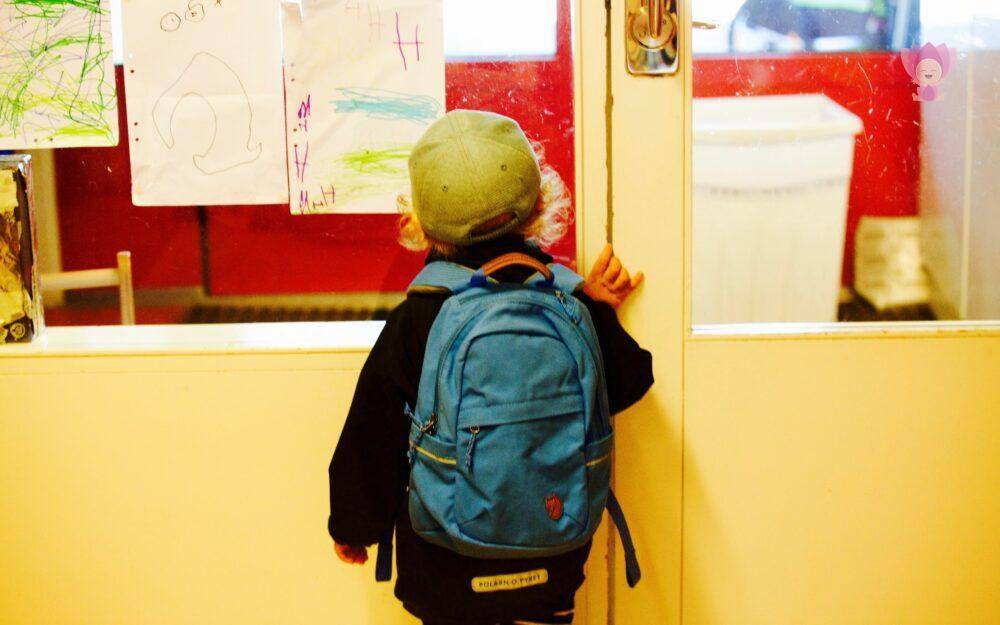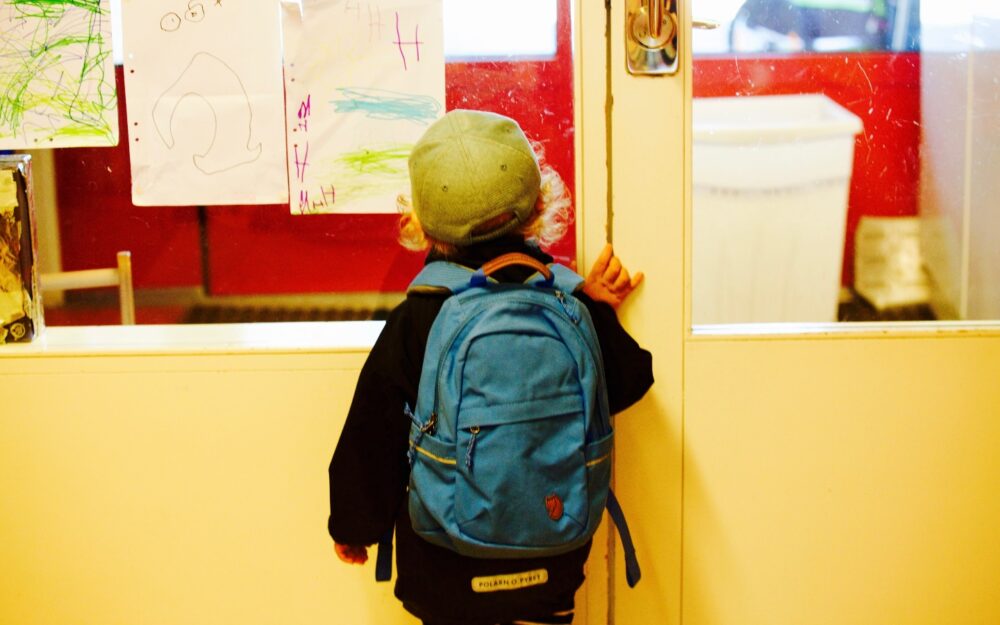Autistic traits can undermine young children’s relationships, but aggressive behavior is the bigger risk

Key takeaways for caregivers
- Friendships play a critical role in children’s social and emotional development.
- Children with autistic traits have difficulty with socioemotional skills, putting them at risk for peer rejection.
- Autistic children who are also aggressive or disruptive are particularly vulnerable.
- Parents and teachers can support children with autism through early interventions targeting socioemotional skills and lessons about peer acceptance for all children.
Friendship and acceptance by other children are vital ingredients for thriving young lives and are at the heart of growing up. They help children get out of bed in the morning, and encourage them to look forward to attending school, playing and learning, and building relationships. In contrast, loneliness, isolation, feeling awkward, and being bullied make everything more problematic. How do we ensure that the lives of children with autistic traits are not harmed by rejection?
Children with autism typically experience challenges developing, maintaining, and understanding relationships. They want friendships but struggle to make them. Mostly, they have difficulties adjusting their behavior to suit various social contexts.
Children with autistic traits who also have behavioral problems need the most support with their peer relationships.
They may not be able to communicate in ways that lead to friendship or understand how to share imaginative play in the same ways as typical children do. How does this impede acceptance and fruitful relationships at school? What can be done to improve this aspect of life for children with autism?
My colleagues and I have been studying five- and six-year-olds in primary schools in the Netherlands (called elementary schools elsewhere). The children had varying levels of autistic traits, often at such low levels that it was not clinically diagnosed. We know that young children with autistic traits are more likely to experience rejection and non-acceptance, even when the traits are at a low level.
The impact can be considerable. Studies show that having a friend at school can protect a child from an unwanted situation or behavior. A friend can act as a source of emotional support, providing a safe space to express thoughts, experiences, and opinions.

Photo: Wallpaper Flare.
Being without a friend at school can lead to feelings of loneliness and isolation, which can, in turn, make children vulnerable to bullying and negative behaviors. These experiences can have lasting effects on overall well-being, leading to low self-esteem and poor academic performance.
Risk of aggressive behavior
Our study identified a particularly vulnerable group of young children with autistic traits: those who are also aggressive and disruptive. Children with autistic traits who also have behavioral problems need the most support with their peer relationships. Other children tend to isolate them or make them targets of bullying.
Schools can address these matters through programs designed to improve peer relationships in inclusive classrooms. Some programs focus on reducing children’s behavior problems (e.g., aggressive acts, poor temper control, sadness, anxiety, fidgeting, impulsive acts), especially when the problems are above and beyond the autistic traits that most convincingly predicted poor relationships in our study.
In many cases, children with autistic traits can and do have friendships and experience acceptance.
Successful friendships
Our study also considered children with lower levels of autistic traits (whose autism may not have been diagnosed) and with non-aggressive behaviors. As noted earlier, their condition was associated with less peer acceptance and more rejection. It may be hard for these children to carry out basic social skills such as starting and maintaining conversations, taking turns, and responding appropriately to social cues. They may find it difficult to understand others’ minds, and to decode others’ intentions, emotions, and thoughts, leaving them confused, so it is important to help these children navigate social situations more effectively.
In many cases, children with autistic traits can and do have friendships and experience acceptance. Other children seem to find ways to engage with them. In some cases, particularly in inclusive environments, a peer understands that a child has autism. A teacher might explain the condition and the peer develops a friendship with the child, accepting that it will be a different kind of friendship that is less reciprocal than their friendships with neurotypical children.

Photo: Leeloo Thefirst. Pexels.
How to support young children
Our findings suggest many opportunities for improving the relationships of children with autistic traits. The first step is recognizing and accepting the trait, not denying it. Parents should be alert: A child who initially responded to their name might suddenly, around 18 months, cease to respond. That can be a red flag.
Much can be done to help a child with autistic traits interpret a world that can seem confusing. With children as young as three, flashcards attached to everyday activities – waking up, having breakfast, taking a nap – can help build a vital vocabulary.
Likewise, photos of parents or caregivers highlighting labelled emotions – such as happy, sad, tired – can help train a child to better recognize facial expressions, improving the reciprocity and responsiveness of their interactions. Parents can role play what happens when other people visit, going through the language of meeting and greeting. It helps to start early.
The message from our research is that friendship and acceptance matter a great deal to each child’s development, both socially and academically. Adults can help children enjoy friendships by spotting traits of autism early and intervening in appropriate ways. Such interventions should address aggression, which is most harmful to children’s chances of having successful relationships.
















Leave a comment